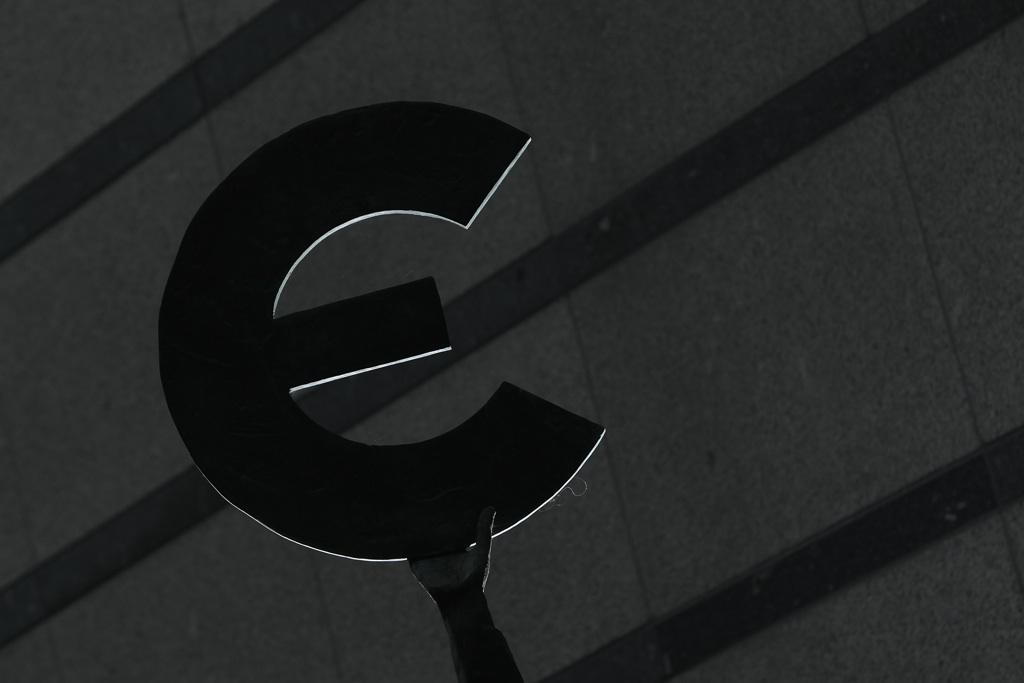Uncertainty in Europe sends markets falling
The Europe sculpture of Belgian artist May Claerhout outside the European Parliament building on November 17, 2011 in Brussels, Belgium.
European stocks fell at the start of Wall Street trading Monday due to fears of further growth difficulties for the euro zone and political uncertainty in France and the Netherlands.
The DAX index in Frankfurt declined 3 percent in afternoon trading, the CAC 40 in France sank 2.4 percent, Spain’s IBEX 35 dropped 2.8 percent, the euro fell 0.5 percent against the dollar to $1.3123, and American stocks opened more than 1 percent lower, The New York Times reports.
Last night’s narrow victory for Socialist presidential candidate François Hollande in France and the collapse of budget talks in the Netherlands both contributed to market nerves, as did weak manufacturing data released Monday.
More from GlobalPost: How France's far-right party can help Sarkozy win
The Purchasing Managers Index (PMI) survey suggested that manufacturing activity in Germany fell to an almost three-month low of 46.3 in April, while figures for the wider 17-member euro zone economy also showed a deeper shrinking, indicating a much faster rate of economic contraction across the debt-ridden region than previously expected, Reuters reports.
According to a research paper by Mark Miller, a European economist at London’s Capital Economics quoted by the Associated Press, the PMI’s reading “supports the idea that euro zone economic activity is likely to experience recessionary conditions throughout the course of this year.”
To compound investors’ fears, the Bank of Spain estimated on Monday that the Spanish economy contracted by 0.4 percent in the first quarter of 2012, pushing the economy back into recession after it shrank by 0.3 percent in the final three months of last year, according to the BBC.
More from GlobalPost: Netherlands PM Mark Rutte reportedly to offer resignation
Meanwhile, the government of Dutch Prime Minister Mark Rutte appeared to be headed towards fresh elections after failing to secure support from a right-wing party for budget cuts, while French presidential hopeful Hollande has criticized austerity as a means to tackle the euro zone debt crisis and wants to renegotiate a European fiscal compact aimed at limiting government spending.
Should Hollande win the second and final election round on May 6, analysts fear that this could disrupt the French cooperation with Berlin that has underpinned European efforts to tackle its financial crisis.
Stefan Scharfetter of Germany's Baader Bank told the Associated Press: "If Hollande is really ahead of Sarkozy in two weeks, Europe will have to prepare for a new power balance as it will be the end of the common road for France and Germany, and that certainly has negative repercussions for the markets, the euro and the euro's stability."
Read more: What the French election means to Europe
Every day, reporters and producers at The World are hard at work bringing you human-centered news from across the globe. But we can’t do it without you. We need your support to ensure we can continue this work for another year.
Make a gift today, and you’ll help us unlock a matching gift of $67,000!
